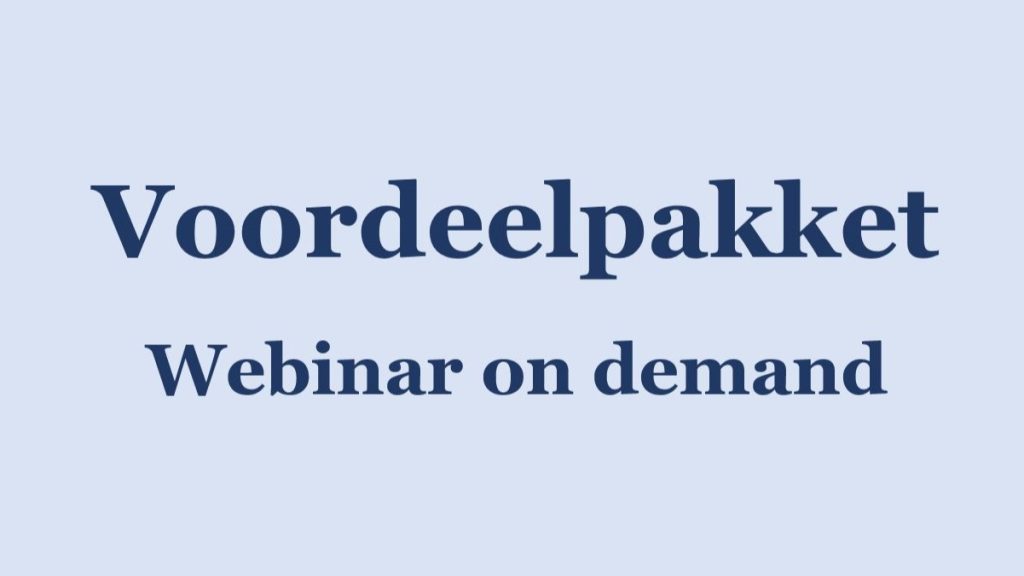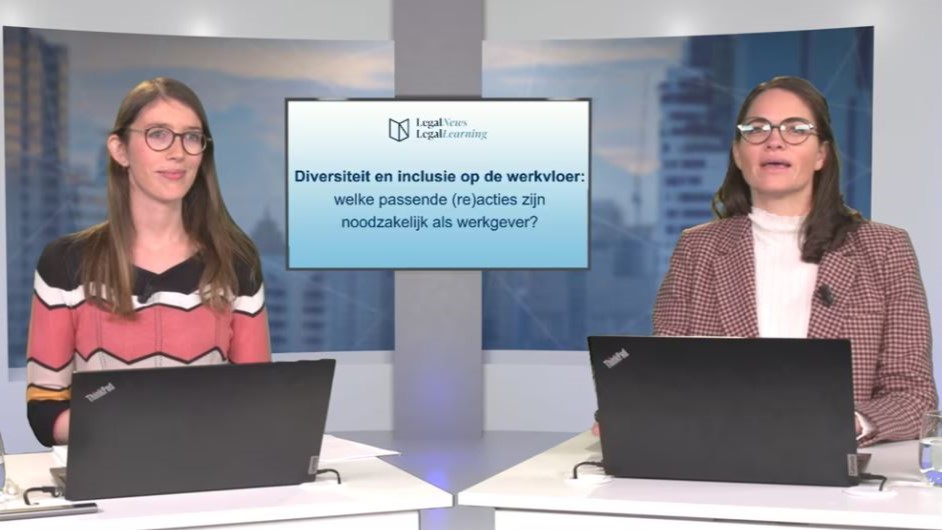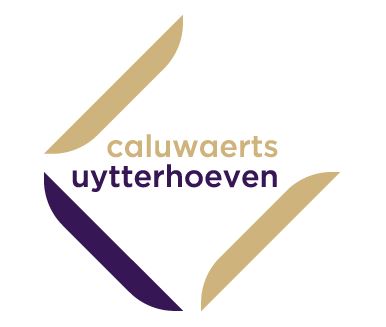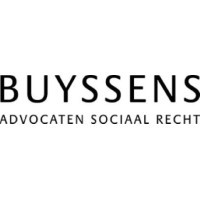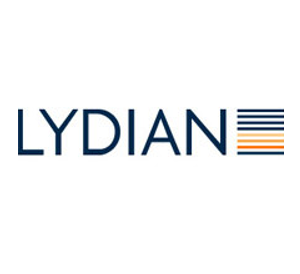Tewerkstelling van buitenlandse werknemers:
nakende ingrijpende wijzigingen
Mr. Sophie Maes en mr. Simon Albers (Claeys & Engels)
Webinar op donderdag 25 april 2024
Het nieuwe Boek 6:
de impact op de werkvloer
Mr. Chris Persyn (Cautius)
Webinar op donderdag 4 juli 2024
HR-aspecten bij M&A transacties
Mr. Nele Van Kerrebroeck (Linklaters)
Webinar op donderdag 16 mei 2024
Vakantiedagen en het arbeidsrecht
Mr. Kato Aerts en mr. Sarah Witvrouw (Lydian)
Webinar op dinsdag 11 juni 2024
Intellectuele eigendomsrechten in de onderneming:
wie is eigenaar van door werknemers en dienstverleners ontwikkelde creaties?
Dr. Nele Somers (ARTES) en mr. Veerle Scheys (Mploy)
Webinar op dinsdag 23 april 2024
Cross-border workers: determination of the applicable social security system. The particular case of company directors (EY)
Author: EY
Publication date: 23/10/2019
One of the fundamental freedoms within the European Union (EU) is the freedom of movement, i.e. the right to work in another EU Member State. However, these persons would run the risk of being subject to two or more different social security regimes at the same time or of being covered by no social security regime at all. In order to avoid these complications, the European Regulation No 883/2004 has been adopted.
1. European Regulation No 883/2004 on the coordination of social security systems
The basic principle of the Regulation 883/2004 is that a person can be subject to the social security regime of only one EU Member State. In most cases, this will be the social security regime of the Member State where the person concerned works. However, there may be cases that a person deploys professional activities in one Member State but is still subject to the social security regime of another Member State.
This can create issues, for example in cases where the competent Member State qualifies a professional activity as an activity of a self-employed whereas the Member State where the professional activity actually takes place qualifies it as an activity of an employee.
2. The case of cross-border company directors subject to social security
In fact, very often, there is a problem regarding the company directors because their professional activities are qualified differently by the domestic legislations of the Member States.
For example, they are considered as employed persons in some countries (Denmark, France, Switzerland, United Kingdom) while they have the self-employed status in others (Belgium, Italy). In Belgium, the company directors are presumed (rebuttable presumption) to be self-employed persons.
There are therefore situations in which a company director, although providing activities qualified as employee in one Member State (e.g. France), is nevertheless subject to the social security regime of the self-employed persons by the State that is competent in terms of social security law (e.g. Belgium).
Such phenomenon is called a “requalification” and it concerns situations whereby the competent Member State, in order to apply its own social security system, is forced to requalify the activity provided abroad to be able to apply its own domestic rules.
2.1. Previous point of view of the Belgian social security authorities
Previously, the Belgian social security authorities’ policy was to use the qualification given by the other Member State in order to determine to which social security regime (the employed or self-employed one) the company directors will be subject. That means that Belgium didn’t take into account the provisions of its own domestic legislation.
2.2. Point of view of the Belgian social security authorities since October 1st 2018
However, the Belgian social security authorities decided to modify their approach from October 1st 2018. Since that date, all company directors enjoy the same treatment under Belgian social security law.
That means that all company directors who are subject to Belgian social security, whether they are providing their professional activities in Belgium or in another Member State, are subject to the social security regime of the self-employed persons. In other words, Belgium does not use any more the qualification given by the other Member State to determine the social security regime that will be applicable to the company director but simply applies to every case its domestic presumption of self-employed persons.
2.3. Practical example: France/Belgium
Mr. Alken lives in Belgium and he is the director of a French company. In addition to this professional activity, he also works significantly in Belgium for a Belgian employer. His Belgian professional activity is qualified as an activity of an employee. Thus, he is a person providing professional activities on the territory of several Member States (Belgium and France).
The French social security law will qualify his professional activity as company director as an activity of an employee. Under Title II of the EU Regulation, Belgium will be designated as the competent Member State in terms of social security law.
According to the old Belgian policy:
The company director that was providing a professional activity in France was subject to the Belgian social security regime of the employed persons.
According to the new Belgian policy:
Mr. Alken will have to declare all the income from his company director’s activity in the Belgian social security regime of the self-employed persons. The Belgian employer will continue to declare Mr. Alken in the regime of the employed persons.
2.4. Practical consequences
The main practical consequence will be that the so-called “requalification” cases will have to be processed by both the NSSO and the NISSE. Consequently their processing will take more time.
» Bekijk alle artikels: Arbeid & Sociale zekerheid







